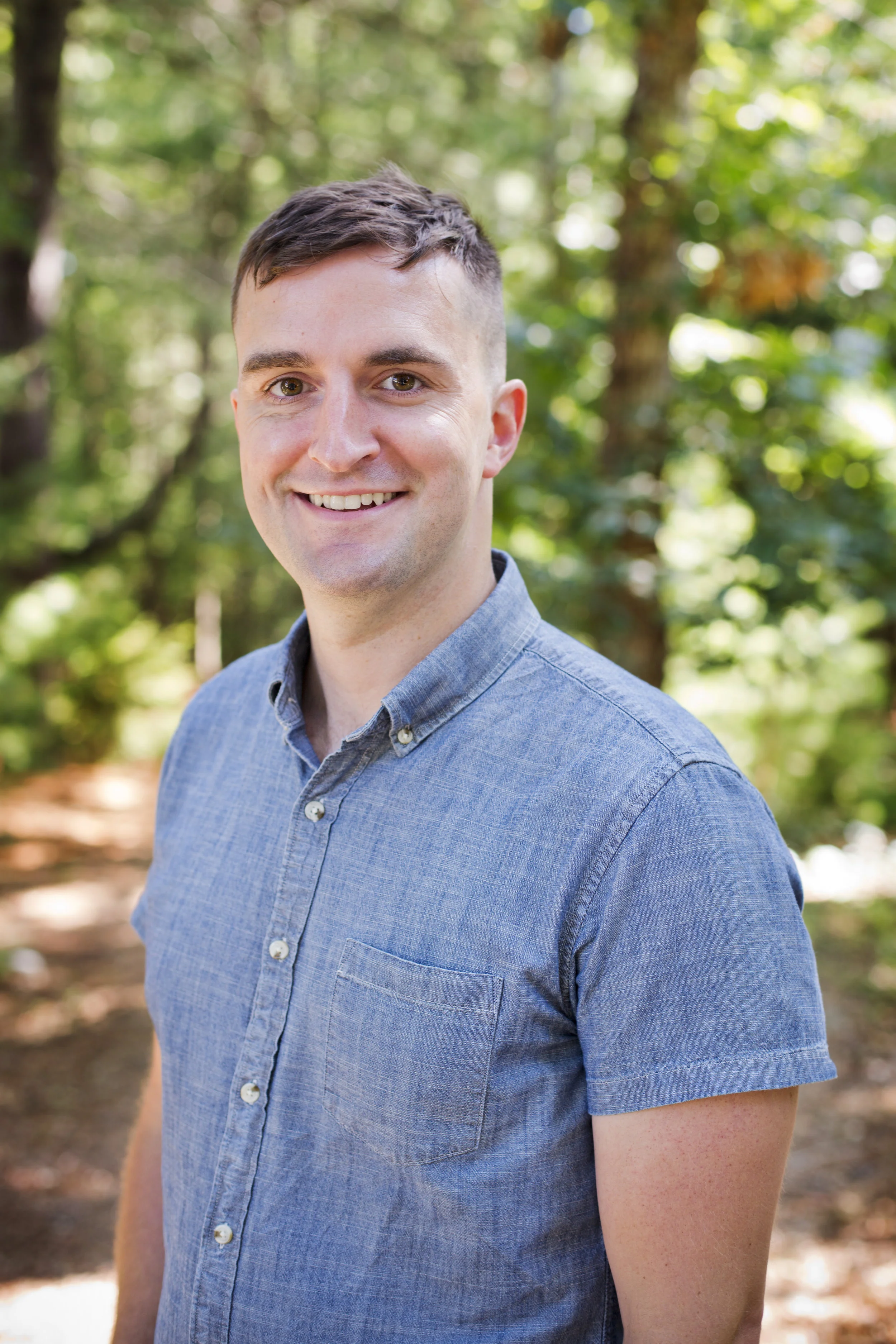Yesterday, via the facebook feed of friend of the blog and podcast guest Eva Rodansky, I found the following post. The information is directly targeted at coaches to offer advice for what they can do to prevent eating disorders on their teams.
I read the list with a mix of excitement at shame. I was glad to see some of the practices I have been advocating for in this space included. I was ashamed to see some of the mistakes I’ve made in the past.
It also made me reflect on my personal relationship with eating, and swimming. I don’t believe that I’ve ever had an eating disorder, per se, but I do believe that through my relationship with swimming I’ve done and (and seen) a lot of disordered eating.
One of the distinctions that hasn’t well penetrated common knowledge is the difference between Obsessive Compulsive Disorder (OCD) and Obsessive Compulsive Behaviors. Many people will be fixated on a specific task or detail and say off hand “I’m so OCD!”. But pretty much everyone has things that they obsess over, whereas OCD is far more serious than a few obsessions.
Likewise, this is an important issue vis a vis swimming not only because we would like to reduce the harm caused by eating disorders, but also because doing so will address some of the disordered eating common in the sport.
The Freshmen 20
Anyone’s college freshmen year can be a stressful transition. For me, I was anxious about finding my place on a new team with a new coach. Colby College had delicious food presented in all you can eat buffets. In my anxiety, I sought comfort in food. In other moments, trying to adapt to the social environment of college, I drank my fair share.
By the beginning of the season (November in the ridiculous NESCAC) I had gained nearly 20 lbs from my August arrival. Sure I’d been lifting some weights for the first time in preparation, but Adam Peaty I was not.
Over the course of college I struggled back and forth with overeating, weight gain and weight loss. As I’ve written about in a previous post, I was ridiculed by my coach for this, and his example encouraged teammates of mine to do the same.
When I finished swimming in college at my best ever fitness, my teammates took bets on how much weight I would gain in the following six months. The leading bet had me doing another rapid 20 lbs gain.
Into the Coaching World
On one level I was furious about all of that. On another I internalized a lot of it. So when I went to become a coach at my first college job, I participated in stuff that makes me cringe reading the above post.
In my first year, worried that male swimmers in particular were “out of shape” we did public weighing and body composition testing on all the male members of the team once a month. I can tell you that it did not have its intended effect, and now reading the NEDA post I linked to at the beginning I am reminded why.
At my next stop, we had a better approach. Athletes of both genders were still weighed, but it was kept confidential from coaches and only shown to a licensed nutritionist and mental health professional.
Finally, when I became head coach of a team I had a voluntary process whereby swimmers could go to a licensed mental health professional and nutritionist and receive personalized dietary advice based on a variety of factors, including weight, body composition and a journal of their eating that they presented.
At all stops I saw all sorts of strange eating practices. Lots of over eating- I had an athlete in college who ate dessert at every meal. I had another who ate a pile of french fries on a daily basis.
What excites me now is that at each of these stages I had needling doubts whether we were truly doing the best for the athletes we coached, but I didn’t have an idea to do better.
Many coaches entertain counter measures such as weighing and discussion of the performance enhancement of weight loss with good intentions. They want to help swimmers be their best possible self. There is in fact a much better way to help the people you coach.
Now
I’m grateful for resources like the one above to guide what I’ll do going forward. I’ve also gotten some great council from friend and previous podcast guest Caroline Miller, who bravely wrote about her own recovery from an eating disorder.
What both have helped me to understand these days is how much more important the emotional role in eating is, and also how poorly equipped I was to go it alone in counseling swimmers in their eating.
The final point of the NEDA advice is the most resonant to me. This journey has forced me to revisit my own attitudes and values as they come to weight and eating. How have I internalized some of the less than ideal coaching practices that were used on me? What potential avenues for help and improvement did I miss?
